Three of the country’s top jewelry sellers share their counter culture secrets
To find out what draws customers to someone behind the counter or keeps them coming back over the years, JCK went straight to the source. We spoke with three celebrated salespeople—Warren Lagerloef in Greenwich, Conn.; Holly Lewis in Omaha, Neb.; and Alexis Padis in San Francisco—about what it takes to win friends and influence customers. Although the three have diverse backgrounds and came into the industry with different skills, from analytics to silversmithing, these sales superstars share the same philosophy about what turns a browser into a buyer. While there’s no “secret sauce” involved in what they do, they have a knack for forging genuine relationships with customers and pride themselves on delivering insight, advice, and service.
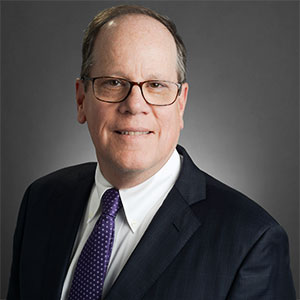 Warren Lagerloef
Warren Lagerloef
has been at Greenwich, Conn.–based Betteridge Jewelers for a remarkable 39 years. He says the scope of his work there is much broader than his title, senior salesperson, would suggest. Lagerloef believes that his background in design and a college minor in silversmithing gave him a great foundation for appreciating the craft and the history of a jewel, an approach that still serves him well nearly four decades later.
What character trait do you think has been the biggest asset to your sales success?
I’m a voracious reader and voraciously hungry to know everything there is to know about jewelry. To me, knowledge is the most important selling technique.
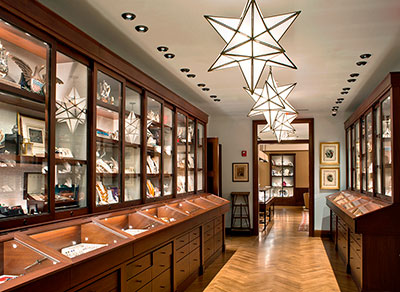
Is there someone in the industry you looked to for guidance?
I learned a huge amount from Terry [Betteridge]. If a great piece of jewelry came in, he was so open to teaching me what he knew. But it was more the liberty to learn on my own. There was no definition of what we did—clearly, it’s to sell things, but our job was to be better at it than anybody else was, and what was important about that was your knowledge and your honesty.
You’ve weathered all sorts of economies. What’s the biggest difference between the highs and the lows?
In a gangbusters bull market, people kind of throw money at you—keeping up with the Joneses, that kind of thing—but you also get a larger amount of returns. I know in the worst of times, you get very few returns. Purchases are much more considered. If you’re spending money, you’re legitimately planning to spend it.
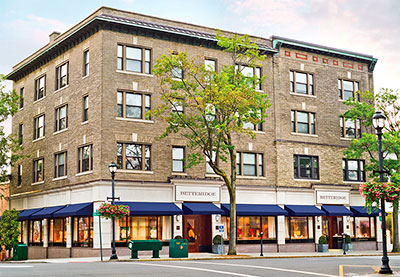 A lot of retailers feel threatened by e-commerce. Why don’t you?
A lot of retailers feel threatened by e-commerce. Why don’t you?
There’s always going to be the need for the “Warren factor”—I don’t mean just me, but in the sense of brick-and-mortar, walk in and learn something. I still think there will always be customers asking, “You know my wife—what do you think she’d like?” What they’re really saying is, “Sell it to me. Tell me about it, tell me why it’s special.”
What about the in-store experience keeps your customers coming back?
We don’t have ice scrapers in a bowl. We have people who are smart, and you walk out knowing you purchased something special and why. I think the experience we’re selling—at least, I hope—is learning about it, understanding the craftsman who made it, understanding the design…and appreciating it. I think it’s understanding that it’s more than just stuff.
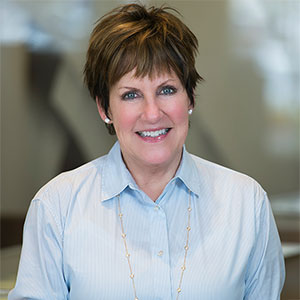 Holly Lewis
Holly Lewis
has worked at Borsheims Fine Jewelry and Gifts in Omaha, Neb., for 25 years, but the executive sales associate introduces herself as “one of the newbies”—an indicator of the loyalty this Berkshire Hathaway–owned institution inspires.
Borsheims’ roots stretch back to 1870. In 1989, Berkshire CEO and famed investor Warren Buffett bought a controlling share in Borsheims. He and a cadre of Berkshire shareholders still make a pilgrimage to Borsheims each year during the annual shareholders meeting. Chances are, Lewis will be there to greet them—with a smile.
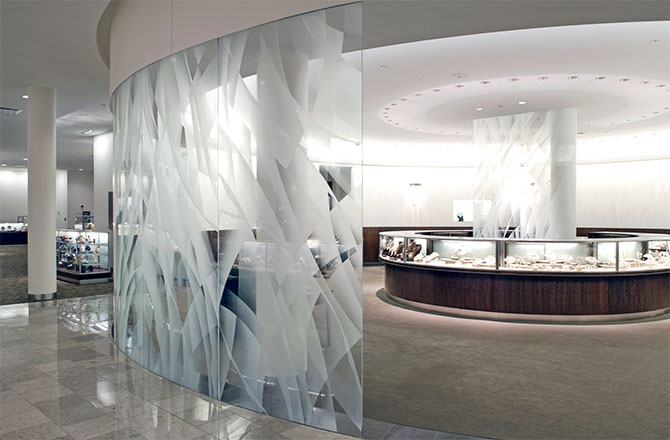
How did you get into sales?
My friend always says my dad started me in sales with Girl Scout cookies. When I was selling them, he’d say, “You need to make it interesting.”
What motivates you on a day-to-day basis?
I enjoy being with people, and I enjoy being around beautiful jewelry. Our job makes people happy and that makes me happy. No matter how I’m feeling, I try to project happiness to the customer.
What quality do you think contributes most to your sales success?
I’m always honest. One time I answered the phone and this fellow wanted to buy a pair of earrings he’d seen on the website for his wife that she could wear every day. They were big dangly earrings, and I said, “I don’t think these are everyday earrings—they’re much larger and dressier than they look.” So we found something else. That’s happened time and time again; people rely on my knowledge.
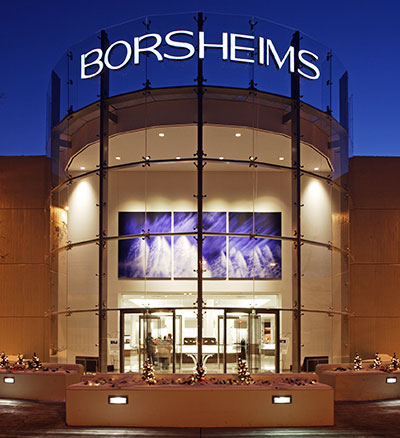 What are some things you do to build relationships with customers to keep them coming back?
What are some things you do to build relationships with customers to keep them coming back?
I treat each customer as if they’re going to spend a million dollars. I treat each customer like I like to be treated when I go shopping. Any little perk I can give them, I do, because people really enjoy that. And I try to keep being hands-on every time they’re here, whether it’s for a sale or a repair or even a cleaning. Say I special-order something for someone. When I call to let them know it’s here, I say, “Why don’t you find me,” instead of just sending them to customer service.
How would you describe your sales style?
I don’t give a lot of pressure. If a person just wants to come and look around, that’s not a problem, and most people who are repeat customers know I feel that way. I don’t just try to upsell everyone. I really try to help each person get what they want.
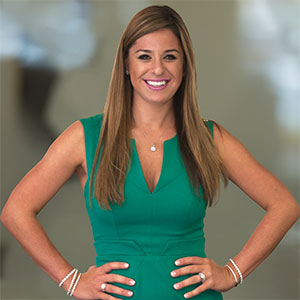 Alexis Padis
Alexis Padis
was born into the business, working in various roles at the San Francisco store her parents started in 1974 and have since expanded to encompass a total of five locations—including a Forevermark-branded store that opened this year in Walnut Creek, Calif. She became president of Padis Jewelry earlier this year and was recognized as a top Forevermark Carat Club seller in 2018.
How is selling branded gems such as Forevermark different from selling non-branded jewelry?
Even compared to other branded jewelry, Forevermark’s story is so comprehensive. It helps relay the bigger picture. Jewelry is not something that people necessarily need, so it’s our job to impart how amazing gemstones and diamonds and fine jewelry are, and, more importantly, to impart that knowledge in an authentic, meaningful, and educated way.
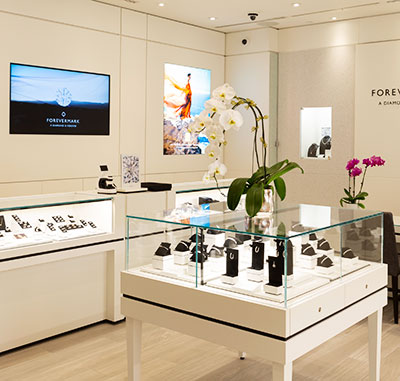
You have a marketing analytics background. How does that help you?
People’s motives, their demographics, their place in life all affect what they’re looking for and why, and any kind of insight you have into that is incredibly helpful. It helps you do a better job of being able to curate the experience for them.
What’s the strategy behind how you position your Forevermark store as a distinct entity from the Padis brand?
We’ve all noticed the need to create a more fluid omnichannel approach. Forevermark wanted to echo what they’re showing the consumer online with the in-store experience. It really was the perfect marriage because we’re so close to Silicon Valley where you’ve got Peloton, Tesla, Apple—all these stores that have perfected the art of bridging the gap between online and real life.
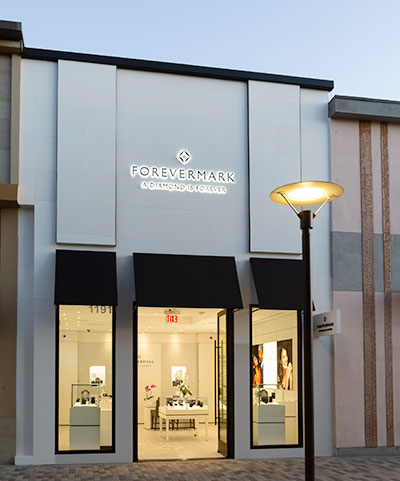 We hear a lot today about how consumers don’t just want a product, they want an experience. How do you deliver that?
We hear a lot today about how consumers don’t just want a product, they want an experience. How do you deliver that?
It’s the hard part because it’s the intangible. It starts with the staffing and people you bring on your team and the company culture. It’s very much the approach the hospitality industry takes. Marriott and the Four Seasons and Ritz-Carlton all have these approaches of go above and beyond for your customer. I think we have a lot to learn from the hospitality experience when it comes to the in-store experience for jewelry.